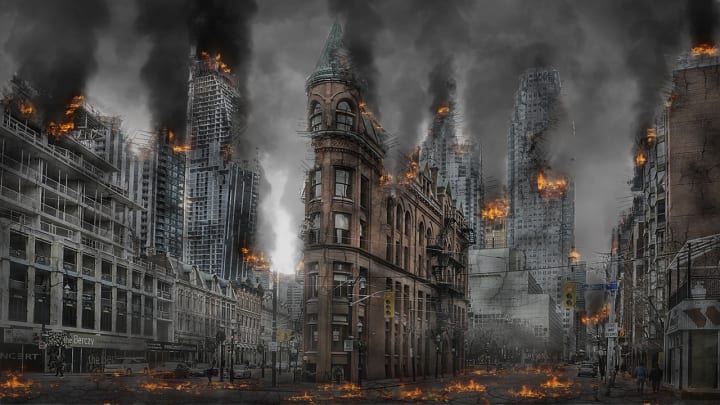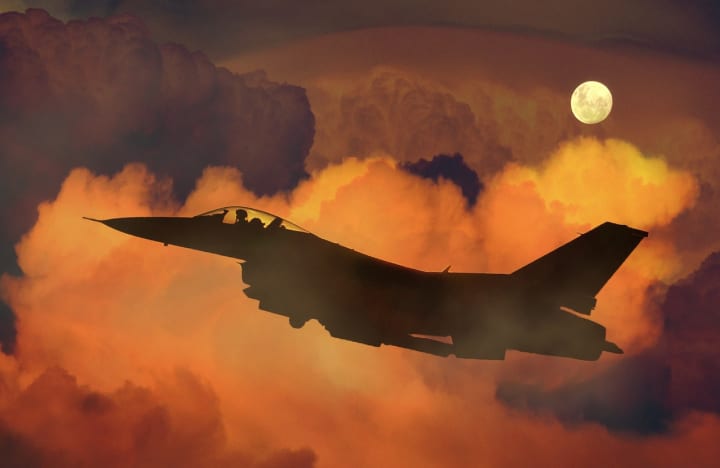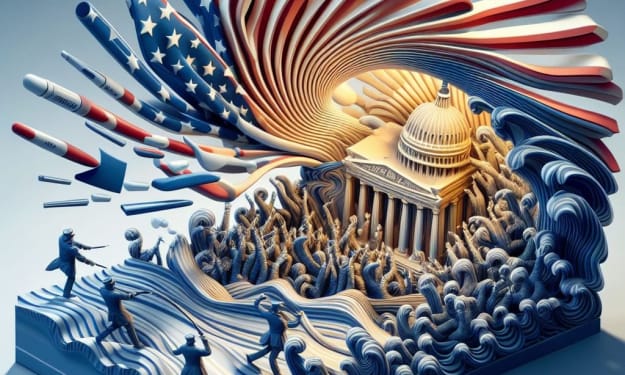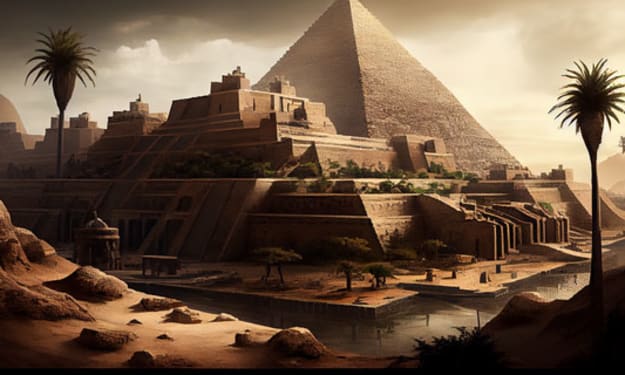The History and Origins of the Japan-U.S. War: A Complex Saga of Power Struggles
Japan-U.S. War: A Complex Saga of Power Struggles

This is a real and true story besides and it is informative as well as sad true story and news .
In the aftermath of World War II, Japan and America forged a profound friendship. Over the decades, this alliance blossomed into a strong bond marked by mutual respect, economic cooperation, and cultural exchange. Today, the enduring friendship between the people of Japan and America stands as a testament to shared values and unity.
Introduction
The Japan-U.S. War, a pivotal chapter in 20th-century history, unfolded against a backdrop of geopolitical tensions, economic rivalries, and conflicting national interests. The roots of this conflict can be traced back to a series of events that shaped the course of history, leading to a devastating war that would alter the global balance of power.
Background:
In the late 19th and early 20th centuries, Japan underwent a transformative period known as the Meiji Restoration, marked by rapid industrialization and modernization. Eager to assert its influence in the Asia-Pacific region, Japan began expanding its empire, with ambitions to establish itself as a major player on the world stage.
Meanwhile, the United States, having emerged as an economic powerhouse, sought to safeguard its interests in the Pacific and maintain a balance of power in the region. As the two nations pursued their respective objectives, tensions between Japan and the United States steadily escalated.
Economic Rivalry:
One of the key catalysts for the conflict was the economic rivalry between Japan and the United States. Japan, faced with limited natural resources, sought to secure access to raw materials and expand its economic sphere. In response, the U.S. implemented policies to curb Japanese economic expansion, including trade restrictions and embargoes.
The Pacific Theater:
The situation came to a head in the early 1940s when Japan, feeling cornered and facing severe resource shortages, embarked on a military campaign to secure the necessary raw materials in the Asia-Pacific region. The invasion of Manchuria in 1931 and subsequent actions in China heightened tensions with the United States, which condemned Japanese aggression.
The Attack on Pearl Harbor:
The climax of the conflict occurred on December 7, 1941, when the Imperial Japanese Navy launched a surprise attack on the U.S. Pacific Fleet stationed at Pearl Harbor, Hawaii. The devastating assault resulted in significant damage to the American fleet and led to the United States officially entering World War II.
Global Implications:
The Japan-U.S. War was not isolated to the Pacific region; it had far-reaching consequences for the entire world. The conflict further fueled the flames of World War II, as the United States joined the Allied forces in their fight against the Axis powers. The war in the Pacific became a critical theater, with intense naval battles, island-hopping campaigns, and strategic maneuvers shaping the course of history.
The Manhattan Project:
The conflict also spurred technological innovations, most notably the development of the atomic bomb through the Manhattan Project. The U.S. dropped two atomic bombs on the Japanese cities of Hiroshima and Nagasaki in August 1945, leading to Japan's surrender and the end of World War II.
Legacy and Reconciliation:
In the aftermath of the war, Japan underwent a period of reconstruction and reconciliation with the United States. The post-war era saw the emergence of a strong U.S.-Japan alliance, marked by economic cooperation, security agreements, and shared democratic values.
Conclusion:
The Japan-U.S. War was a complex and multifaceted conflict that originated from a convergence of historical, economic, and geopolitical factors. The devastating war reshaped the global order, influencing the trajectory of the 20th century. Despite the scars of the past, the subsequent alliance between Japan and the United States serves as a testament to the power of reconciliation and cooperation in the face of historical animosities.









Comments
There are no comments for this story
Be the first to respond and start the conversation.